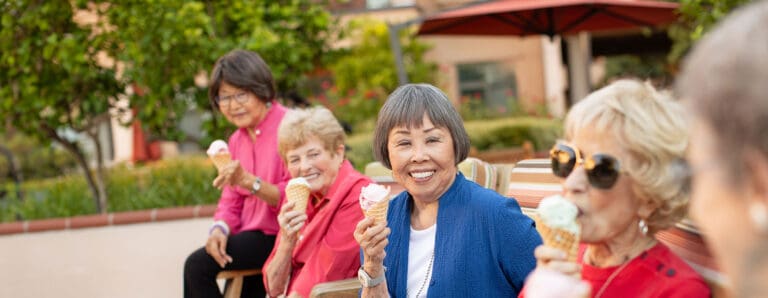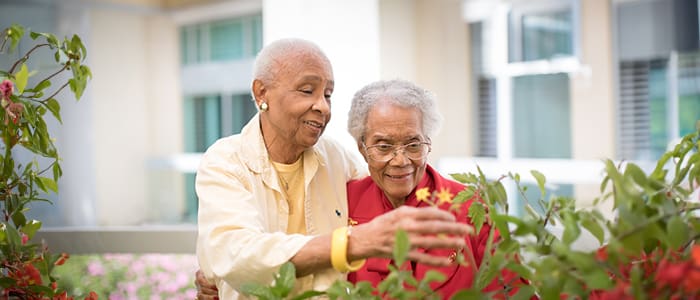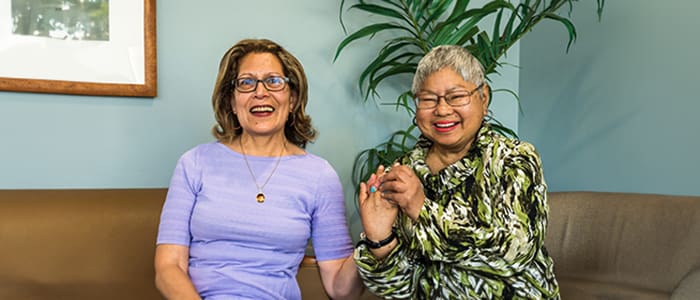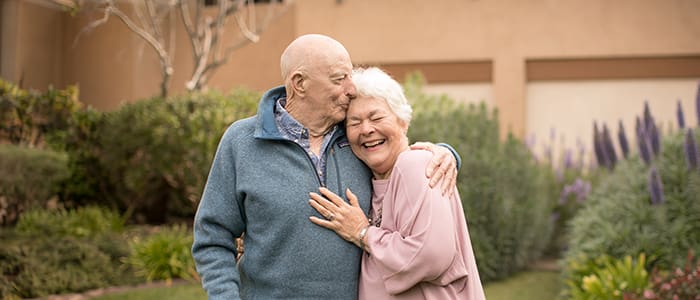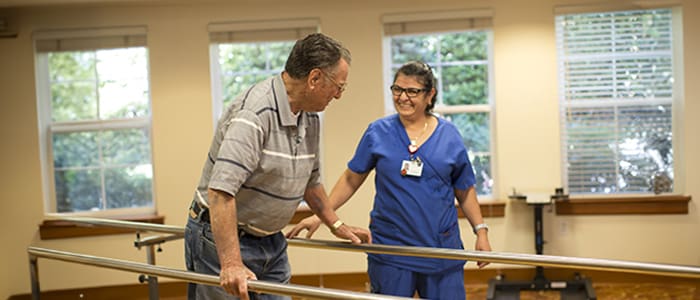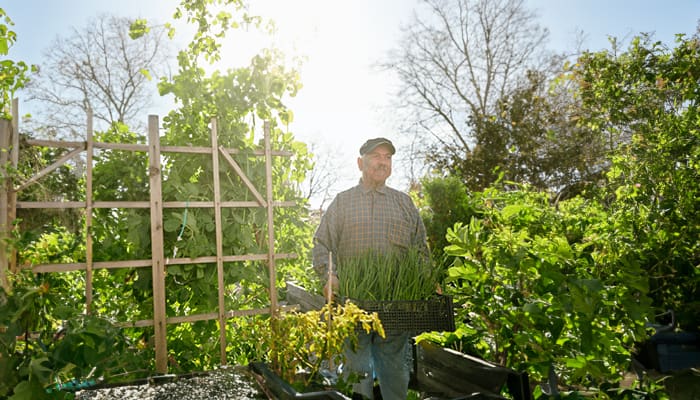October 16, 2020
How Are You Caring For Your Inner Eco-System?
I first heard the term “eco-system” in the mid 1980s from a friend who was completing an internship at the Rocky Mountain Biological Laboratory near Crested Butte, Colorado. Every day she painstakingly counted specific tiny organisms within a certain square yard on a mountainside. As a biologist, she understood the significance of the organisms she counted and how they interacted with all other nearby organisms. The interaction reflected the health and well-being of the environment in general, including its habitability for humans.

This was a novel concept to me. I considered myself to be mindful of the environment, but I had never fully appreciated how the welfare of every insect or animal might be tied to my own survival.
Over the years, the term eco-system has been applied more generally to describe a wide range of “complex networks or interconnected systems” (Oxford Dictionary, 2016). For example, you may have heard the term “biome” to describe the eco-system of the human gastro-intestinal tract.
I believe there is another eco-system within us, a more subtle one. It is the collection of our psychological and spiritual processes. When this eco-system is healthy, we have a sense of well-being. When it is ailing, we feel distress.
If life is easy, we may be able to take the welfare of our internal eco-system for granted. Life goes along pretty smoothly and we muddle through, feeling content enough. But in times of turmoil, like the present day, we are each challenged to care pro-actively for our inner eco-system.

As a chaplain, it is necessary for me to take exquisite care of my own inner psychological and spiritual processes. Otherwise, I am unprepared to minister to those I serve. For me, this involves periods of solitude each week, journal writing, meditation, prayer, and plenty of time spent in nature.
As the pandemic has worn on, I find myself spending more time documenting the birds and mammals around my home through the lenses of my hand-held and motion-sensing trail cameras. Downloading and processing these images is a process of discovery that draws me closer to the natural world, where the trees and rocks are boldly unaffected by Covid-19. I look up at mighty oaks and wonder how many centuries they have stood witness to people coming and going in their midst. This gives me the sense that somehow – even if I cannot see the path just yet – everything will be OK.
I also have an important role in supporting the well-being of the residents where I work at Vista del Monte. Some are religious, others are atheist or humanist, and many are spiritual but not religious. Helping them to discover their sources of spiritual strength feels like a treasure hunt. Spiritual practices that worked successfully for them in the past may need to be updated, or revised, given the new set of stressors all around us.
This moment calls upon us to value our own well-being, not to sacrifice it for others; to sense honestly and directly the signals we are getting about our inner status; and to make adjustments. This process can be supported by dialogue with a spiritual advisor, a trusted friend and our own internal reflection…if we are willing to listen.
If someone asked me for one recommendation on how to care for our inner eco-systems during this time of uncertainty, it would be to ration exposure to mainstream news. While we all need to be well-informed in order to take care of ourselves and our loved ones in these rapidly-evolving times, being overly exposed to the news non-stop is, frankly, unhealthy. Keeping the TV on in the background all day might feel like staying informed, but current events are rarely changing by the hour and doing so can unconsciously and constantly introduce a major source of stress to your inner eco-system. Alternatively, we can allot a limited amount of time each day to obtain the information needed from only trusted sources, then separate ourselves from the news. It will wait for your return and you will be able to catch up on anything you may have missed while you are engaged in something else that can positively feed your inner eco-system.
How are you caring for your own psychological and spiritual eco-system today? What spiritual practices do you employ to stay in touch with your inner life and nourish it? What do you need to avoid in order to stay balanced and healthy?
Phases of increased stress in life should not be written off as times of loss. They can also be times of novel insight and tremendous personal growth.
Just like the biology of your gut, or a mountainside pasture, you are comprised of multiple “complex networks and interconnected systems”. Knowing this can help you to not just survive, but thrive.
Rev. Laura L Mancuso, MS, CRC, is the Spiritual Life Director at Vista del Monte in Santa Barbara, California. Vista del Monte is a not-for-profit, multi-level retirement community serving residents in independent and assisted living and memory care. The philosophy of community at Vista del Monte encompasses all dimensions of well-being and strives to honor all faith traditions, as well as the spiritual paths and life philosophies of those who do not adhere to any religion. Here, residents can expect to enjoy the spirit of the individual and strength of community.
The post How Are You Caring For Your Inner Eco-System? appeared first on Front Porch.
